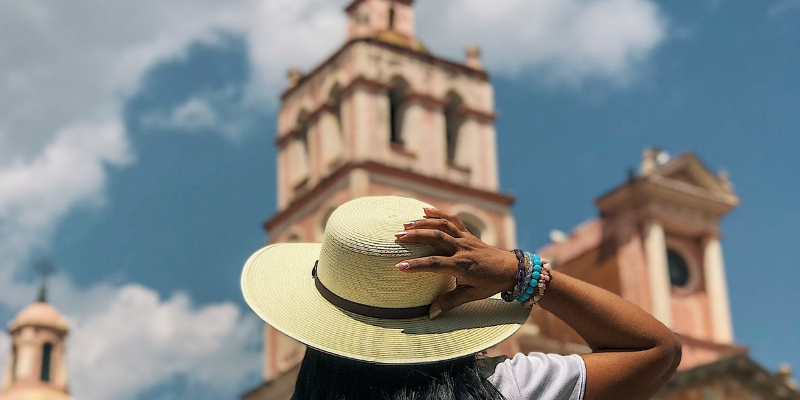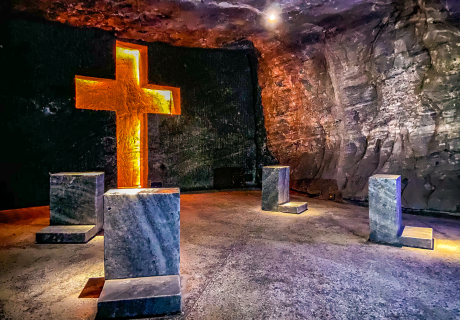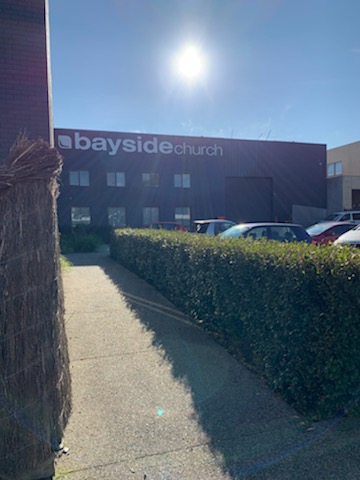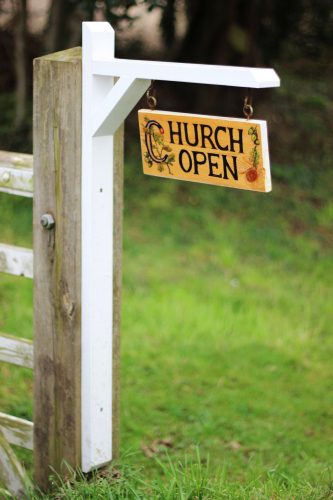While church attendance in Australia declines—albeit more slowly—due to changing societal norms, the rise of secularism, and the impact of the COVID-19 pandemic, people still seek a church community. Some are (or were) Christians, while others seek spiritual fulfilment or a sense of belonging.
But the multitude of denominations and their doctrinal variations can be overwhelming. How can we discern which church aligns most accurately with biblical truth? Is that the most essential criterion to consider?
Courage
When choosing a church, the first thing you need is courage. Whether you’re an introvert or not, stepping into a new community can feel daunting. But with courage, you will be ready to face this challenge and find your place in a church community.
Returning to church after experiencing adverse events like burnout, gossip, or harsh leadership requires even greater courage. I understand your challenges because I have faced similar harmful experiences myself.
Confusion
The various denominations, churches, and interpretations of the Bible can be confusing. Unfortunately, humans have a propensity to divide. Sometimes, the only thing that unites us is our tendency towards division.
The Christian church comprises three main historical and theologically distinctive streams: Roman Catholicism, the largest Christian denomination; Protestantism, which emerged from the Reformation; and Eastern Orthodoxy, the second-largest Christian denomination. An estimated 2.4 billion Christians are distributed globally across more than 45,000 denominations, and some suggest that this number has now grown to 55,000.
I was introduced to the Christian faith in a Pentecostal church, which is part of the Protestant tradition. Although I resonate most with this expression of Christianity, I have come to appreciate other alternatives. In 2019, I engaged weekly with the Ignatian Spiritual Exercises alongside a Jesuit priest. I’ve enjoyed silent retreats at Catholic retreat centres and studied at the University of Divinity, which represents seven denominations. One of my favourite authors is Dr. Bradley Jersak, an Orthodox Christian theologian.
Today, I consider myself a follower of Jesus. I do not identify as Protestant, nor am I in opposition to the Roman Catholic Church. If I were to protest against anything, it would be the lack of justice that exists in some churches toward women and certain minority groups.
Consider
Here are a few essential factors to consider when choosing a church:
1. Don’t worry about the church’s denomination. You will connect with the local church.
2. It’s essential to be realistic when choosing a church. No church is perfect, and that’s okay. In fact, if a church were perfect, you’d probably ruin it as soon as you joined! So, instead of being critical, embrace the imperfections and focus on the church’s positive aspects.
3. Avoid choosing a church based solely on personal comfort and preference. If you’re overly comfortable, you may not experience growth. Instead, seek a church that challenges you to become more like Jesus.
4. Ensure the church is grounded in Christianity’s foundational teachings as summarised in the Apostles’ and Nicene creeds. These teachings focus on who Jesus is, what he did, what he is doing, and what he will do in the future. Jesus must remain central in the church you choose to join.
Questions
Finally, here are some practical questions to consider before committing to a local church.
1. Are the leaders gracious and kind, or do they expect too much from the church’s members? I’ve witnessed far too many people burning out, particularly in high-pressure megachurches, and I have personally had some unpleasant experiences.
2. Do the people speak positively of one another and the leadership, or is there much gossip and criticism?
3. Does the church discriminate based on gender, sexual orientation, or race, or is everyone treated equally?
4. Is the church genuinely committed to safety and pastoral care?
5. Are people free to ask questions, or are questions seen as a sign of disloyalty?
6. Is the church transparent about its finances?
7. Do they discuss deeper aspects of Scripture instead of staying in the shallow end of Christianity?
8. Are they focused outward, particularly on alleviating poverty and addressing social justice?
9. What are their vision and mission statements? Do you align with them? What do they value?
These are some things to consider. Undoubtedly, other thoughts may come to your mind, but these are what come to mine. Many fine churches are led by authentic people who genuinely want to support you on your faith journey and make a difference in the world.
What are your thoughts?
What do you look for in a church?
Did I overlook anything that could be included?
Please feel free to join the discussion in the comments section below.













